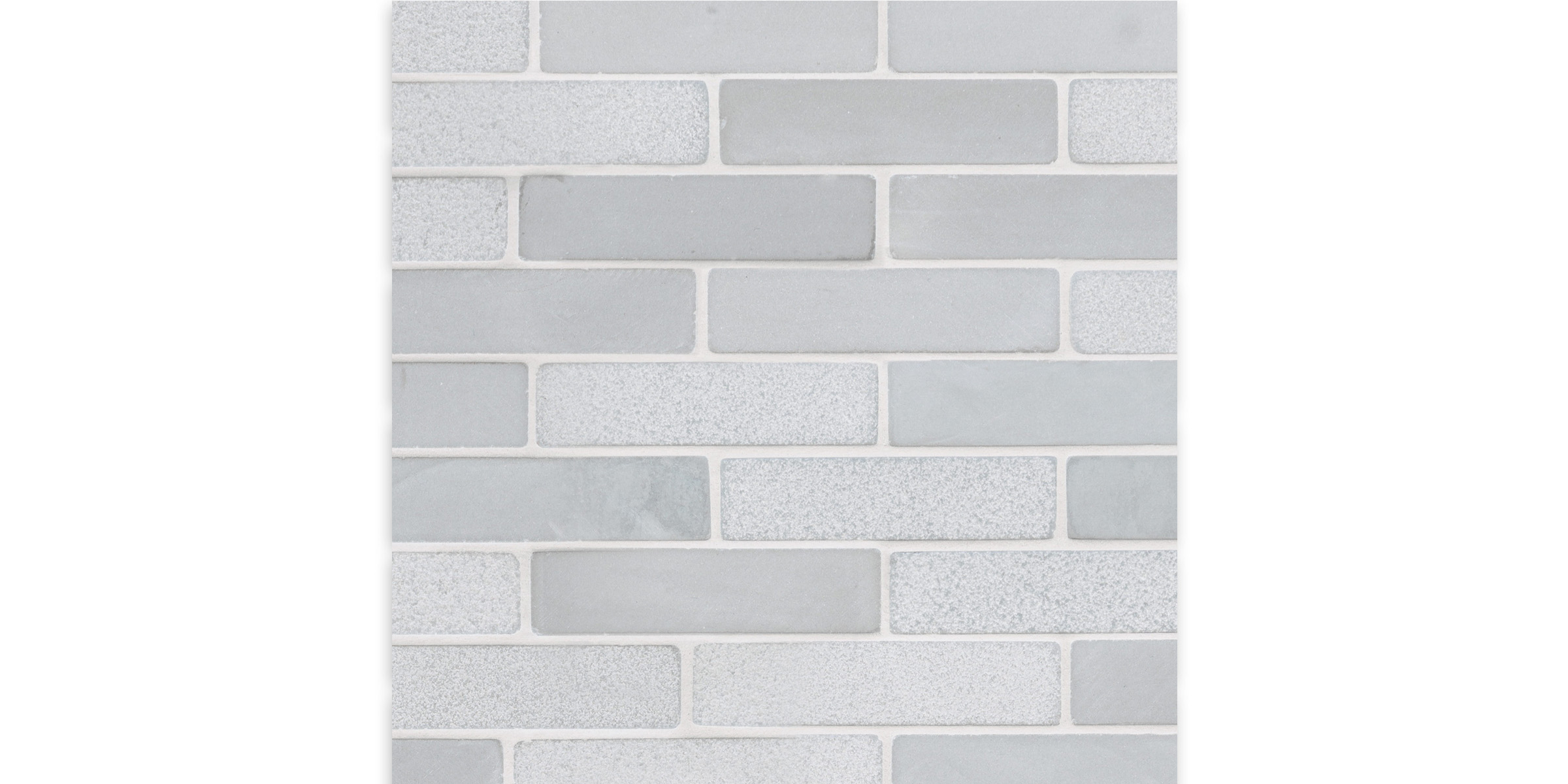Should the backsplash be lighter or darker? When designing a kitchen, one of the most critical elements to consider is the backsplash. Not only does it protect your walls, but it also serves as a major design statement. One of the most common questions homeowners face is whether the backsplash should be lighter or darker than the countertops. The answer depends on your overall design goals, personal preferences, and the specific features of your space. Let’s explore the factors to help you make the right choice.
Lighter Backsplash
Advantages:
-
Creates a Brighter Space: A lighter backsplash can make your kitchen feel more open and airy. This is especially beneficial in smaller kitchens or spaces with limited natural light.
-
Neutral Appeal: Light backsplashes, such as white, cream, or soft gray, are versatile and pair well with a wide range of countertop materials and colors.
-
Timeless Look: Light-toned backsplashes tend to be classic, making them less likely to go out of style.
Best For:
-
Kitchens with dark countertops or cabinets.
-
Homeowners who prefer a clean, minimalist look.
-
Small kitchens that need a visual boost of space.
Darker Backsplash
Advantages:
-
Adds Depth and Drama: Dark backsplashes, like deep blues, charcoals, or even black, create a bold and sophisticated focal point.
-
Highlights Light Countertops: If you have white or light countertops, a darker backsplash creates a stunning contrast.
-
Hides Stains and Splashes: Darker materials are often more forgiving when it comes to hiding everyday wear and tear.
Best For:
-
Kitchens with light countertops that need a dramatic contrast.
-
Homeowners looking for a modern or industrial aesthetic.
-
Larger kitchens where darker colors won’t overpower the space.
Finding Balance
While choosing between lighter and darker backsplashes, it’s essential to consider how they interact with your countertops, cabinets, and flooring. Here are some tips to help you strike the perfect balance:
-
Consider Countertop Patterns: If your countertops have bold patterns or veining, a subtle backsplash (either light or dark) can complement without overwhelming the design.
-
Think About Lighting: Kitchens with ample natural light can accommodate darker backsplashes, while spaces with limited light benefit from lighter tones.
-
Coordinate with Cabinets: The backsplash serves as a bridge between your countertops and cabinets. Consider how its color will harmonize with both elements.
-
Play with Textures: If you’re torn between light and dark, experiment with textures like subway tiles, herringbone patterns, or metallic finishes to add interest without relying solely on color.
The Final Choice
So should the backsplash be lighter or darker? Ultimately, whether your backsplash should be lighter or darker comes down to personal preference and how it fits into your kitchen’s overall aesthetic. Take the time to evaluate samples in your space, paying attention to how they look under different lighting conditions. Remember, the right backsplash isn’t just about color—it’s about how it brings your entire design vision to life.

